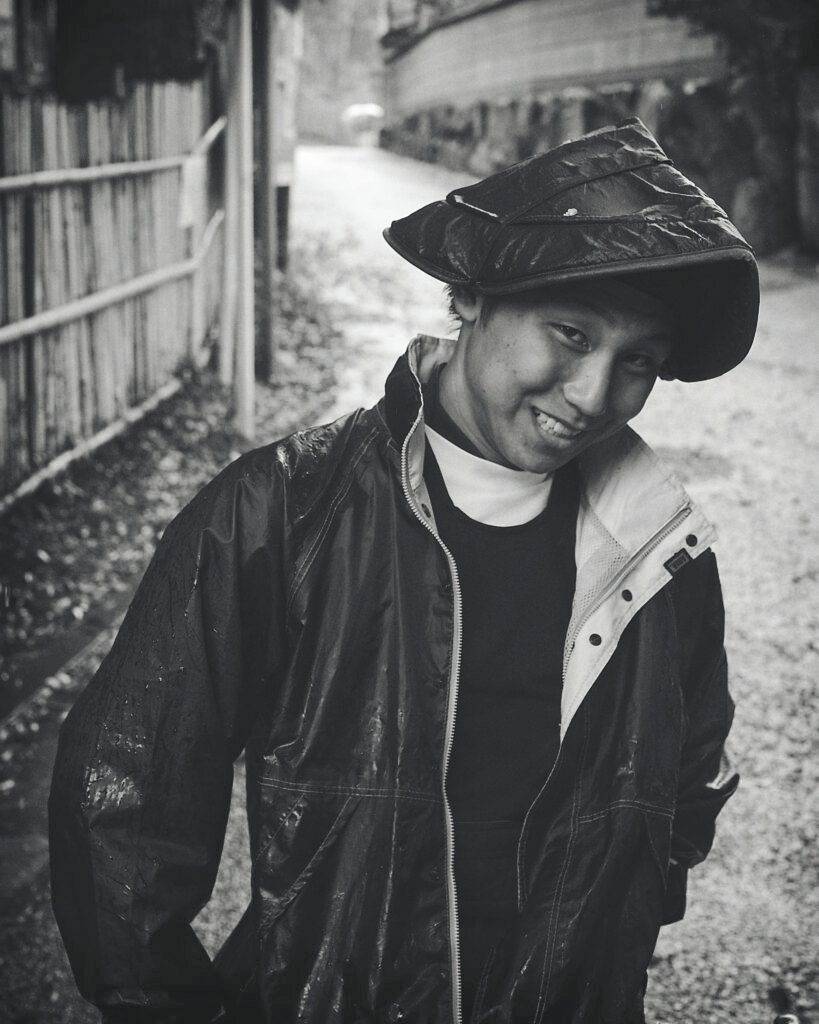
His name is Yuki, twenty-four, born in the shadow of Kyoto’s eastern hills, and every day—rain, sweat, or snow—he runs. Not for glory, not for gold, but for the tourists with wide eyes and weak knees who want to ride through time.
He is a rikisha puller, a jinrikisha man, body like spring steel, legs sculpted by stone streets and summer heat, shoulders browned from seasons of carrying other people’s wonder. Each morning, he bows to his rickshaw, whispers “Yoroshiku onegaishimasu”—a quiet promise of respect—and wheels it out to the temple road.
Gion. Arashiyama. Asakusa. The streets change, the work doesn’t. Tourists smile, laugh, wave, ask where he learned English so well. He grins, adjusting his headband: “From Netflix and YouTube. And ladies.”
When he runs, the cart becomes wind. A blur past vermilion gates and weeping cherry trees,
past love-struck couples and grandmothers clutching fans, past the old man at the tofu shop who still waves every morning. But it’s not just muscle that earns him tips. It’s the stories. Yuki tells them well—of spirits in the bamboo, of samurai who fell in love, of how Kyoto’s alleys still remember the footsteps of geisha.
Sometimes he sings softly as he pulls: old enka, pop songs, whatever fits the rhythm of the road. At night, when the sweat dries and the tourists vanish, he massages his calves with menthol oil, counts his coins, and sits under a vending machine’s cold light with a bottle of Pocari Sweat and dreams of visiting Greece.
He doesn’t know how long he’ll run. Maybe another year. Maybe until his knees give out. But for now—while he can—he runs with grace, with strength, with pride. And when he bows to thank a customer, it’s not performance. It’s heritage.
Yuki.
Runner of stories.
Puller of joy.
And silent poet of Japan’s old, humming streets.